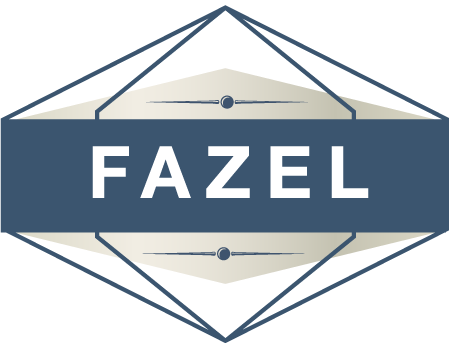
TEACHES PRISONERS
TO BE GOOD FATHERS


Staff at Correctional Services (CS), Famsa and Education Sciences accept certificates on behalf of the prisoners. With Dr Fazel Freeks (left) are Nikolaas Veltman (social worker at CS), Sipho Shange (CS security), Rebeca Mohapi (Famsa) and Seugnet Smit (NWU).
Dr Fazel Freeks presents his LIFEPLAN® training and equipment programme in the Christiana district. Here he is (middle front) with a group of farmworkers from this district.
<
>
“It is a miracle that I can realise myself in my research about something that I have been talking about for years, namely the crucial role that a father plays in his family.”
These are the words of Dr Fazel Freeks, manager for community engagement and coordinator of projects in the Faculty of Theology. For the past two years he has been involved in a fatherhood programme at the Potchefstroom Correctional Services – The Fatherhood Training and Equipping Programme: Daddy is home!
“I grew up without a father figure myself, but the Lord changed something in me in order that I could look at this picture in a different way, because I had experienced the drawback of something like that myself. I realise what happens to someone who has to grow up without a father. A father has core responsibilities; he is a protector of and provider for his family.”
The director of Families South Africa (Famsa), Ms Marietta Oelofse, told Fazel about a unique opportunity to present an intervention programme at Potchefstroom Correctional Services, and this suited Fazel down to the ground.
“Using this opportunity to implement my project meant I could integrate my passion and my research at the university. It is ideal to combine teaching-learning with community engagement, and see it culminating in research.”
Support after release
Another transdisciplinary project of the Faculties of Theology and Education Sciences is to support prisoners when they are released. “As a continuation of our work at Correctional Services, we help prisoners with a possible safe haven and a food and skills development project so that they can find their feet in the community again,” says Fazel.
“I am very excited about what we are doing, as it can have a major impact. For me, it is not only about recording research, but also about the change that occur in the community.”
Walk that extra mile
He says community engagement is about walking that extra mile to follow through with the programme, calling for deep commitment. “The project will run for a number of years.”
According to Fazel, prisoners regularly say they do not have a life outside prison, and that the community does not want to accept them or have them back. A popular saying among them is “this place calls me back”.
“From a theological point of view, as a Christian, I feel that they are still human beings. In the eyes of God sinners remain human beings, and therefore His grace reaches out to them.
“I want to continue with this research, even if it is only to make a real difference to one in a hundred lives – it is the drop in the ocean that counts.”
From theory to practice
Fazel has already published much of his research, but he says he also wants to apply it in practice, taking the theory from the bookshelves to grassroots level through community engagement.
“I commit myself to bringing about change, effectiveness and impact in a community, and I do my research with and in the community. I have known and believed since my childhood that I can make a difference, and especially as a Christian I want to realise that dream. Here at Theology I can do that unconditionally.”
Fazel has also published books on this topic, Dad be the Father God called you to be and Dad is Destiny: The man God created to be.
He has also received awards from Banna Ba kae, a non-governmental organisation in Potchefstroom, as well as from Famsa, for his contributions to this organisation through his programme at Correctional Services.
Fazel was born in Potchefstroom (Makweteng) and grew up there. He considered leaving at various stages of his life, but the words of his grandmother, who told him the Lord has a purpose with him in this city, stopped him. “I could often see these signs along the way,” he says.
He is married to Enanceata, a teacher at Promosa Primary School, and they have three children, Fagaria, Farodian and Elodian.
“It is ideal to combine teaching-learning with community engagement, and see it culminating in research.”